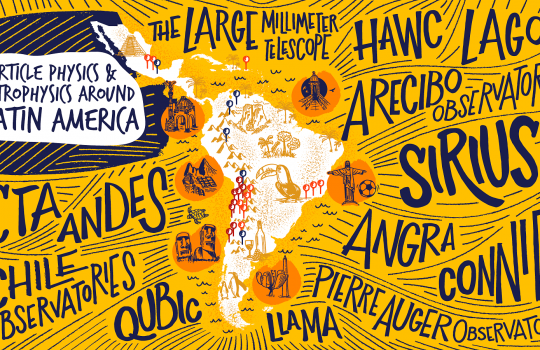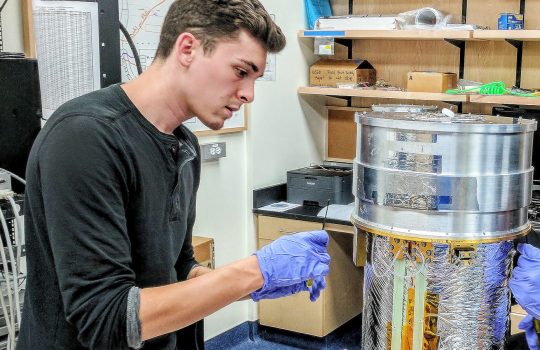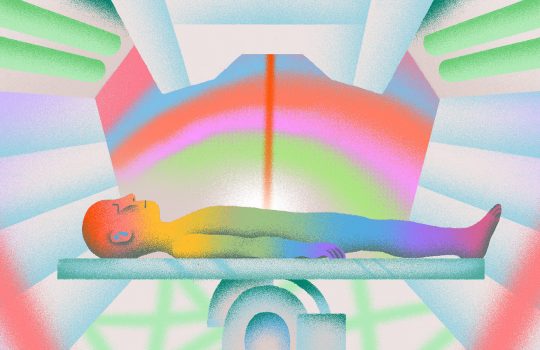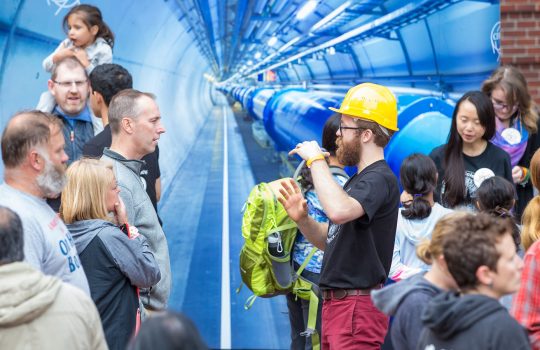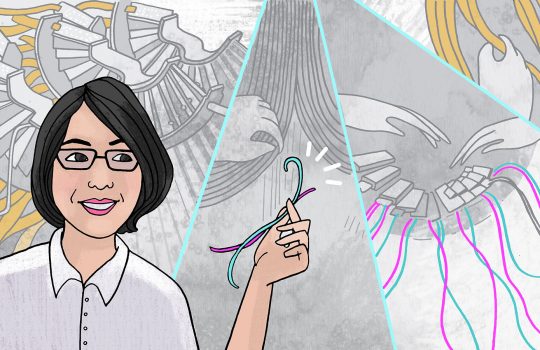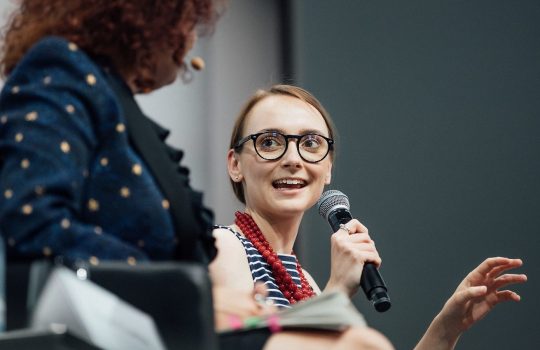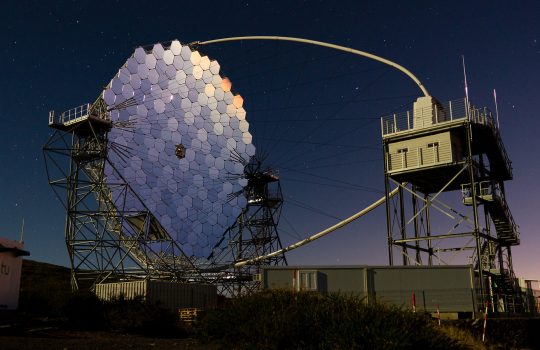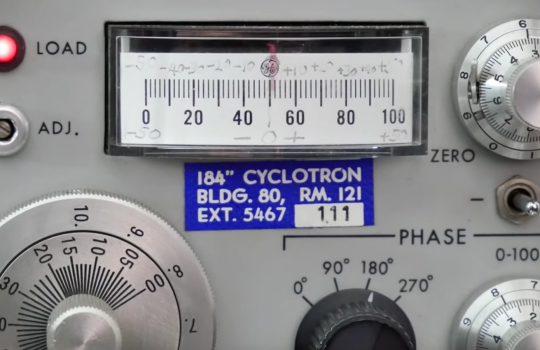From the Editor of Symmetry: A month in Latin America
Latin America has reached a pivotal moment in experimental particle physics and astrophysics research. Throughout the month of October, Symmetry will highlight important places, explain significant milestones, and introduce you to some of the people who have shaped and are continuing to shape particle physics and astrophysics in Latin America.

